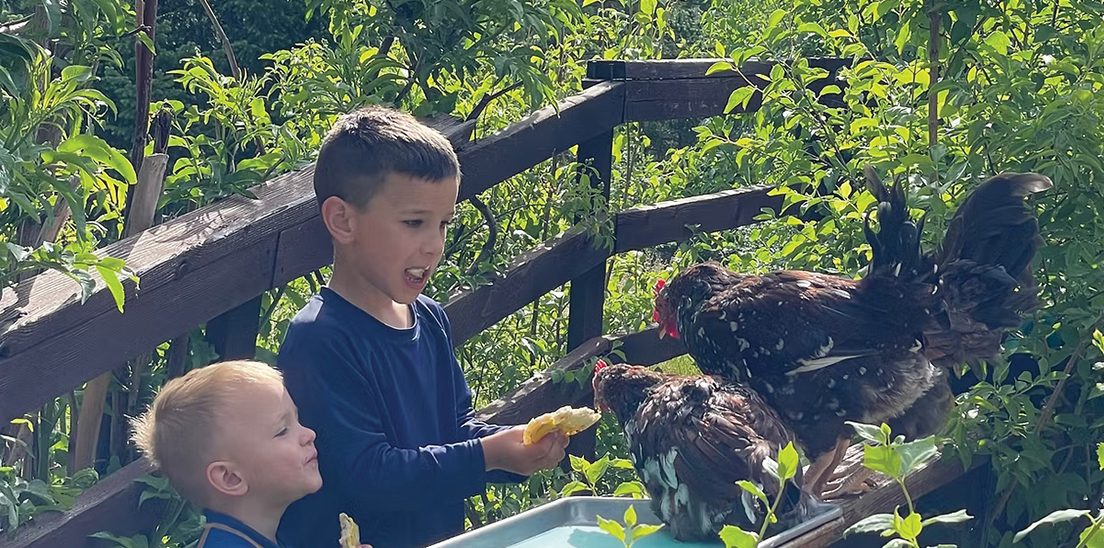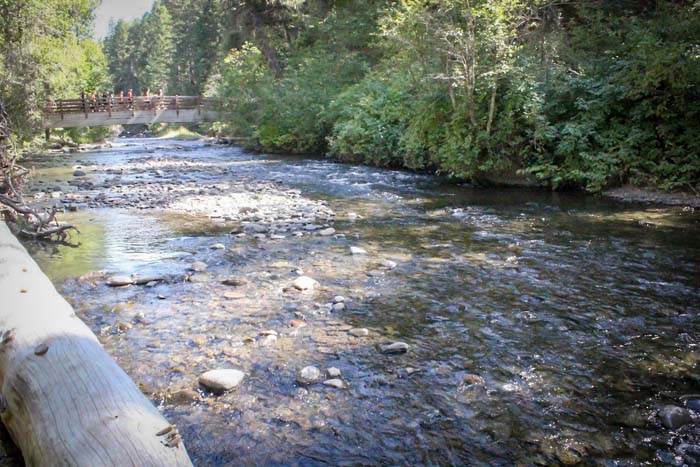Hunters encouraged to use non-lead bullets
Published 7:30 am Tuesday, April 10, 2018

- Hunters encouraged to use non-lead bullets
Legislative debates regarding the use of lead bullets by hunters began more than three decades ago in the United States, but Leland Brown, a Portland wildlife biologist and an expert on the subject, isn’t interested in the ongoing wrangling.
Trending
Brown, who spoke at the La Grande Rifle and Pistol Club Friday, is committed to curbing the use of lead ammunition but opposes leaving it up to Congress or state lawmakers to ban it. The biologist believes the answer lies in informing hunters about the environmental hazards of lead shot and the excellent quality of the alternative ammunition available.
“Education, not regulation, is the key. You will never get full compliance on any law,” said Brown, who is the non-lead hunting education coordinator for the Oregon Zoo in Portland.
He said some people opposed to lead mistakenly believe that laws banning lead ammunition are the answer.
Trending
“Pass legislation and check the box. They think the problem is solved. That is not true,” Brown said. “It is an issue that only hunters can address. They can change the ammunition they use.”
Lead ammunition has been banned in the United States for waterfowl hunting since 1991, but upland hunters can still use it, which Brown said puts large birds of prey like eagles and the California Condor at risk. He explained that birds eating the remains of deer, elk, moose and squirrels and other animals killed by lead bullets often ingest lead. The reason is lead bullets fragment upon entering tissue.
“A lead bullet, on average, breaks into 100 pieces,” Brown said.
Tissue absorbing the lead fragments include internal body organs, which are often thrown into gut piles in forests by hunters field dressing the game animal they just shot. Large, aggressive birds like ravens and eagles are often the initial birds to feed on these gut piles.
“The biggest birds eat first,” Brown said.
The biologist said that a number of studies have found a correlation between high lead levels in these birds and big game hunting seasons. Many wildlife rehab centers report spikes in lead poisoning each year during and after big game hunting seasons.
Birds suffering from lead poisoning “lose control of their extremities and cannot fly,” he said.
According to Brown, birds are more prone to getting lead poisoning than mammals because of the different way their digestive systems handle lead and the way they consume their food. Mammals, unlike birds, chew their food, which means they are more likely to detect a lead fragment and spit it out.
See complete story in Monday’s Observer









